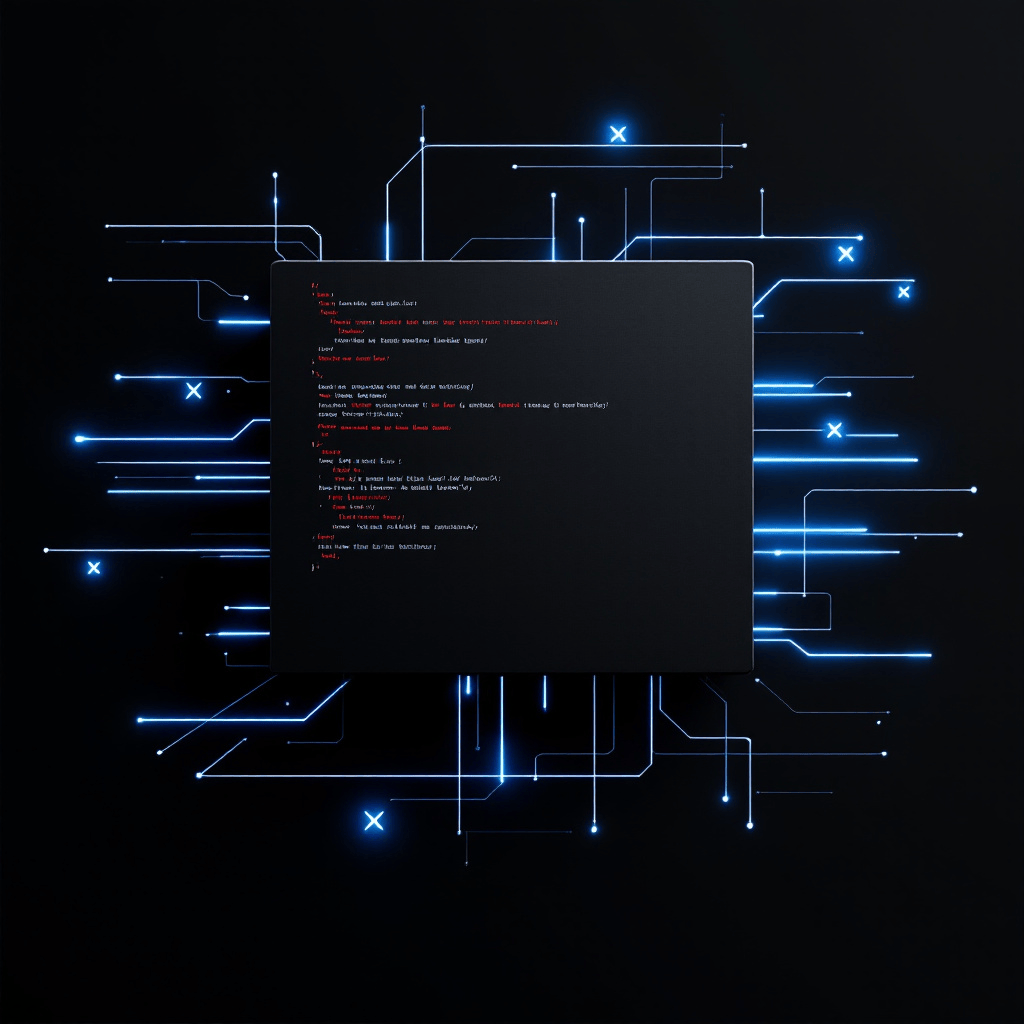
Creating and maintaining both the front-end and back-end of web applications refers to the comprehensive process of developing all aspects of a web application. The front-end involves the user interface and user experience elements, which include everything the user interacts with directly, such as layout, design, and functionality using technologies like HTML, CSS, and JavaScript. On the other hand, the back-end encompasses the server-side logic, databases, and application programming interfaces that process and manage data, serving it to the front-end. This dual role requires a deep understanding of both client-side and server-side technologies to ensure seamless integration and smooth performance of the application as a whole.
Fullstack Development refers to the practice of working on both the front end and back end of web applications.
Fullstack development requires proficiency in HTML, CSS, and JavaScript for frontend development, along with frameworks like React, Angular or Vue. For backend development, knowledge of server-side languages like Node.js, Python, Ruby or Java is essential, including experience with databases like SQL or NoSQL. Familiarity with version control systems like Git, understanding of RESTful APIs, and basic knowledge of web architecture and security practices are also important. Soft skills such as problem-solving, teamwork, and effective communication are beneficial as well.
To become a Fullstack Developer, you need skills in the following areas: 1. Proficient in HTML, CSS, and JavaScript for frontend development 2. Experience with frontend frameworks like React, Angular, or Vue.js 3. Knowledge of backend programming languages such as Node.js, Python, Java, or Ruby 4. Familiarity with databases (SQL and NoSQL) like MySQL, PostgreSQL, or MongoDB 5. Understanding of RESTful APIs and web services 6. Version control systems, especially Git 7. Basic knowledge of server management and cloud services (AWS, Azure, or Google Cloud) 8. Strong problem-solving and debugging skills 9. Familiarity with DevOps practices and tools 10. Good communication skills and ability to work in a team environment
The key skills required for a successful fullstack developer include proficiency in both front-end and back-end technologies, strong knowledge of HTML, CSS, and JavaScript, experience with frameworks like React or Angular for front-end and Node.js or Django for back-end, understanding of database management systems like SQL or MongoDB, familiarity with RESTful APIs, version control systems such as Git, problem-solving skills, and the ability to work collaboratively in a team environment.